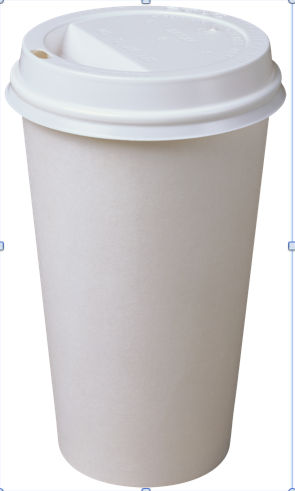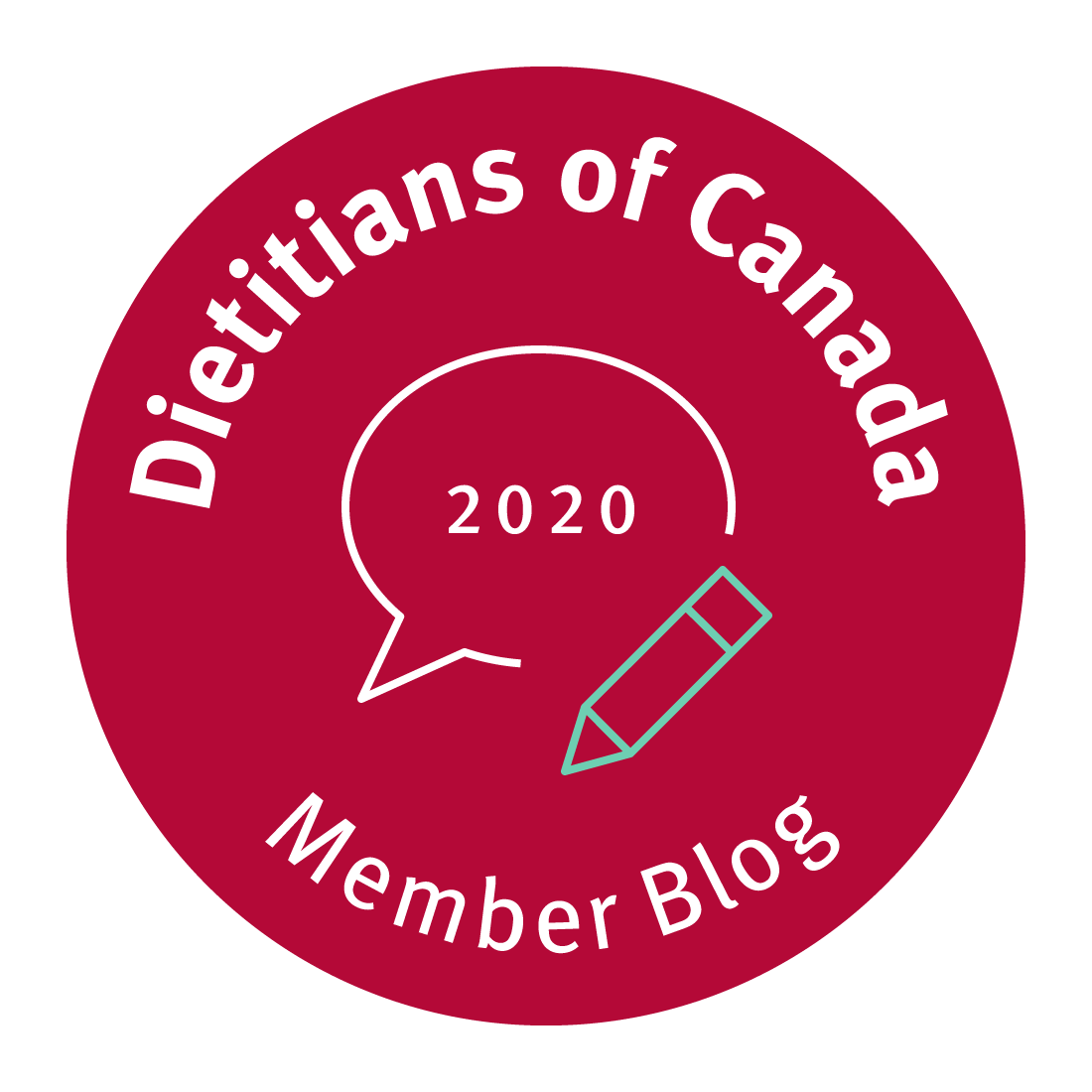
Just as a refresher, for those who are pregnant, 200mg of caffeine per day (2) is the maximum, however, if for a sleep-deprived parent the maximum is 400mg per day (3).
Knowing the milligram amount can be interesting, but the problem is, it’s just not that useful. I usually recommend thinking of it as about 2 cups (8oz size) of brewed coffee during pregnancy/breastfeeding, and about 3 cups (8oz size) of brewed coffee for those not pregnant or breastfeeding (3).
Caffeine is a chemical that’s naturally found in some plants. These include coffee and cocoa beans, kola nuts, tea leaves, yerba mate and guarana (4).
Caffeine increases alertness, but what does caffeine do to our bodies?
For adults, caffeine will reach its peak level in our blood about 1 hour after we consume it and it will remain there for 4-6 hours (5). During pregnancy the amounts vary depending on trimester: (11 hours- 1st trimester 5.6 hours, week 35 is 18 hours (7)) and for a baby in utero more research is needed but reports of up to 100 hours can be found (7). However, in a newborn caffeine can linger for 65- 130 hours (about 2-5 days) and in a 3-5 month old it can last about 14 hours. By the time a child reaches 4 months and up it seems to dissipate more like it does in adults (6).
In addition, caffeine stimulates our stomach to release more acid, which is the reason it can upset some people’s stomachs- and cause heartburn in pregnancy or cause some people to have diarrhea.
Caffeine is also a diuretic, helping to get rid of fluids from our body. Which means increased peeing, something that most pregnant women want to avoid. This can also lead to water and calcium loss (5).
If you have caffeine with your meals, it can also affect iron absorption- again, this can be cause for concern during pregnancy.
Some people are more sensitive than others. Having too much can lead to rapid heartbeat, headaches, nervousness, anxiety, problems sleeping and irritability.
If you are pregnant, you may be wondering if you should cut it out completely. The answer is no. If you were a heavy consumer before you are pregnant and you cut it out you may find that it results in headaches or feeling overly drowsy (4). That being said, often I find that during pregnancy, especially at the beginning, things such as coffee just don’t work. Later on in pregnancy it is very common that caffeine becomes a cause of heartburn, so at that point I recommend cutting it out or looking into other sources of your heartburn to rule out caffeine. I do recommend taking into account all sources of caffeine that you may be consuming when you are pregnant and I encourage people to watch their intake and keep it below the maximum recommended amounts.
Caffeine is able to cross the placenta and also finds its way into breast milk (5). This can affect your baby. It can increase their heart rate, metabolism and make them feel more alert- just as it would for you. This goes for babies in utero or who are breastfeeding.
If you are breastfeeding, the recommendation is a maximum of 300mg per day (4). Sometimes women find that since they have got used to the 200mg in pregnancy they try to stick to that during breastfeeding. You will know if your baby is being affected by the amount and timing of your caffeine intake.
Although I don’t recommend children getting caffeine, I find that I am seeing it more and more. For kids the recommended amount is based on body weight. For ages 4-6: no more than 45 mg per day (equal to about one can of cola). For ages 7-9: no more than 62.5 mg per day (equal to about 1.5 cans of cola). For ages 10-12: no more than 85 mg per day (equal to about 2 cans of cola). For ages 13 and up it really depends on body weight – no more than 2.5 mg/kg of body weight (3). From what I see, cola, root beer and energy drinks are where most kids are getting their caffeine, and the short of it is – they don’t need it!
Wondering where you find caffeine and in what amounts?
This is where it gets confusing. If you go to different commercial coffee shops and order the same drink, there can be varying amounts of caffeine (1). Some coffee shops can provide over 200mg of caffeine in one shot of espresso, however, others can be much less (1).
So, in general what are some sources of caffeine to be aware of?*
- Coffee
o Instant 76-106 mg/ 1 cup-250ml-8oz
o Drip 80-180mg/ 1 cup-250ml-8oz
o Espresso 64-90mg/ 30ml-1oz
o Decaf 3-15mg/ 1 cup-250ml-8oz
- Tea
o Green tea 25-45mg/1 cup
o White, oolong tea
o Black tea 43-60mg/ 1 cup
o Iced tea 15-67mg/ 1 can (341-355ml)
- Chocolate
o Dark chocolate 27mg/ 1 bar (40g)
o Milk chocolate 8-12mg/ 1 bar (40g)
o Chocolate milk 3-5mg/ 1 cup (250ml)
- Pop and Energy drinks
o Energy drinks 80-125mg/1 cup (250ml)
o Cola 30mg/ 1 can (355ml)
o Diet Cola 25-43mg/ 1 can (355ml)
*This is by no means a full list of foods and drinks that contain caffeine, but, instead is to give you an idea of where you may be getting caffeine from, and in roughly what amount.
It’s also important to note that some cold and headache medicines contain caffeine (3).
Often, when we are feeling the need for caffeine it is because we are not taking care of our bodies. Maybe you need to get more sleep, maybe it’s because you are not eating to help maintain your energy. Although it is okay to consume caffeine, I really recommend watching your intake. As you can see from above, we are often getting more than we think.
So, what should you do if you want to decrease how much caffeine you are getting? Be sure to eat balanced foods regularly so as to avoid those energy slumps. Try switching to herbal teas that don’t contain caffeine. Also, brewing your tea for a shorter amount of time will help reduce the amount of caffeine.
Need help figuring out how much caffeine you are getting in a day, and what to do instead? Contact Jill, Nurture The Future’s Registered Dietitian at [email protected]
References:
1 http://pubs.rsc.org/en/Content/ArticleLanding/2012/FO/c1fo10240k#!divAbstract
2 http://www.acog.org/~/media/Committee%20Opinions/Committee%20on%20Obstetric%20Practice/co462.pdf?dmc=1&ts=20130704T0537306017
3 http://healthycanadians.gc.ca/recall-alert-rappel-avis/hc-sc/2013/34021a-eng.php
4 http://www.dietitians.ca/Your-Health/Nutrition-A-Z/Caffeine/Food-Sources-of-Caffeine.aspx
5 http://www.mothertobaby.org/files/caffeine.pdf
6 http://kellymom.com/bf/can-i-breastfeed/lifestyle/caffeine/
7 http://fetal-exposure.org/caffeine/

 RSS Feed
RSS Feed

.png.aspx?width=150&height=150)
